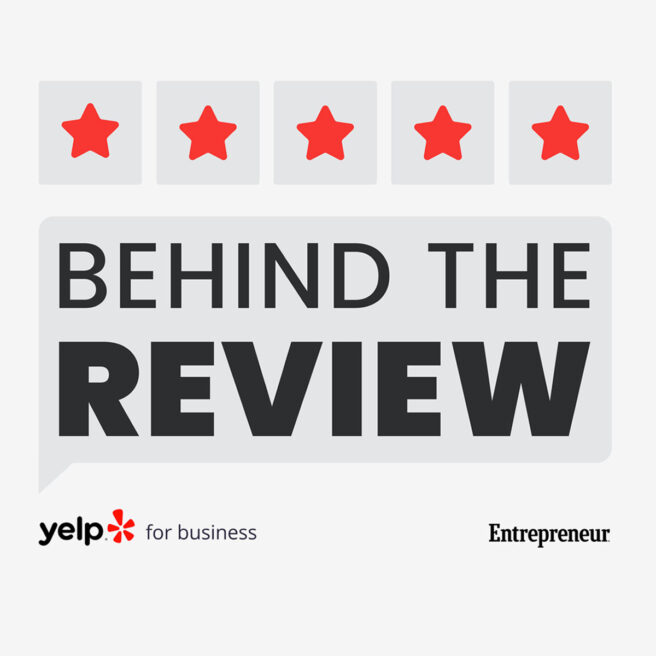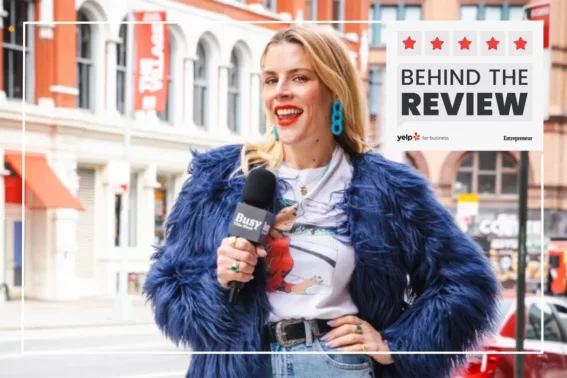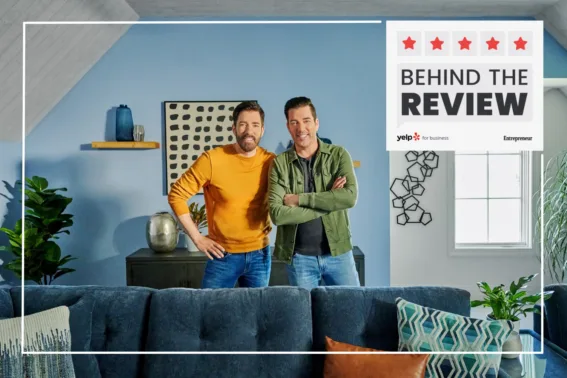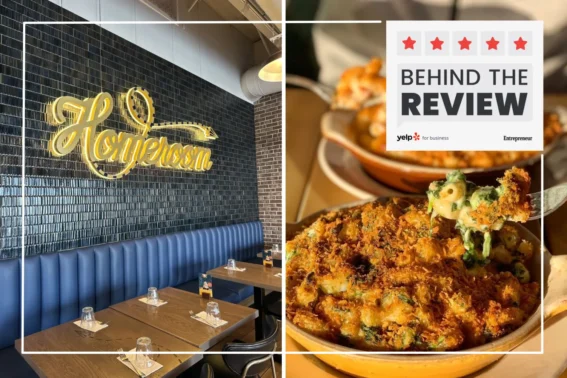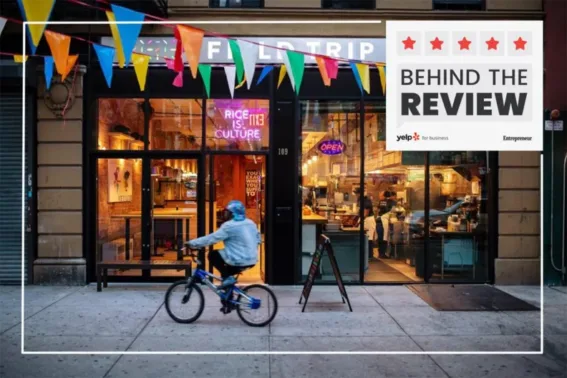Featured episodes
Busy Philipps on pivoting, partnerships, and being real
Listen now on:
Authenticity and innovation: The Property Brothers’ secret to success
Listen now on:
Mac & Cheese Dreams: Reinventing restaurant culture with Erin Wade
Listen now on:
Chef JJ on leading a rice renaissance in Harlem
Listen now on:
Listen to all episodes
Did you know you can also watch the show on YouTube?
Watch our episode with “Busy This Week” host Busy Philipps below, and
explore the full Behind the Review playlist.
More from the podcast guests
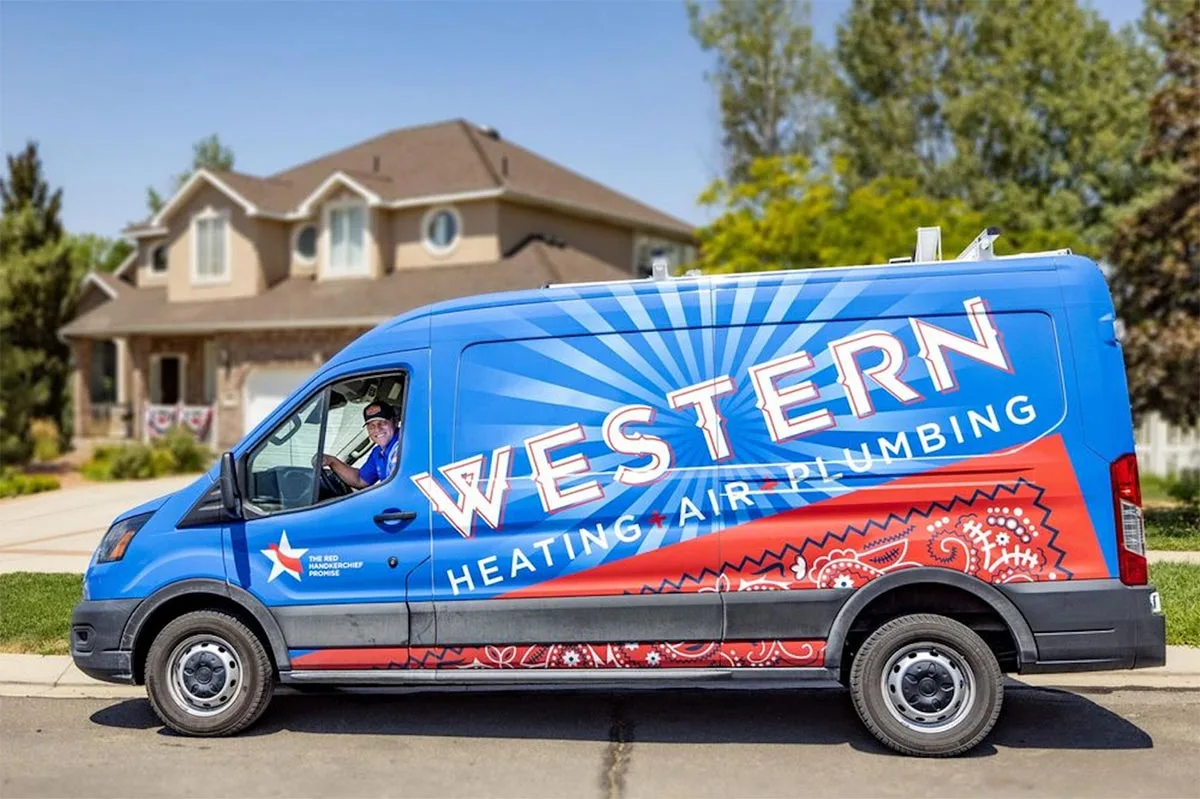
Driving progress in the trades: expert advice from an HVAC pro and ServiceTitan industry advisor
ServiceTitan’s Angie Snow shares insights on the future of home services—from empowering women in the trades to evolving with new technology.
